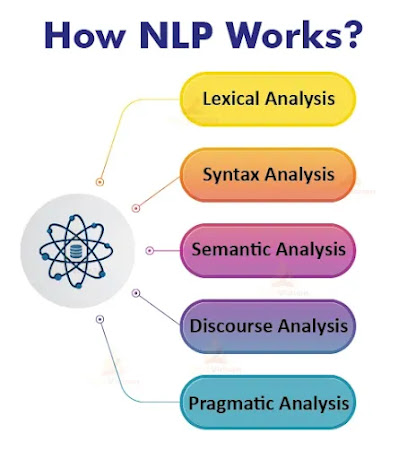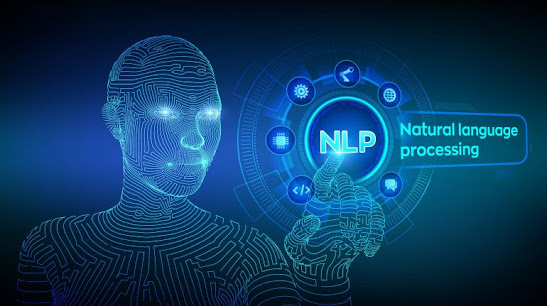Introduction
Natural Language Processing (NLP) is a subfield of artificial intelligence (AI) that focuses on the interaction between human language and computers. It involves the development of algorithms and models that enable computers to understand, interpret, and generate human language.
In recent years, NLP has gained significant attention and has become an essential tool in various applications, including chatbots, voice assistants, sentiment analysis, and machine translation. In this blog, we will discuss how NLP works, its applications, and its impact on various industries.
How NLP Works
NLP involves several processes that enable computers to understand and process human language. These processes include:
Tokenization: Breaking down text into words, phrases, or sentences.
Part-of-speech tagging: Identifying the grammatical structure of sentences and labeling each word with its part of speech.
Parsing: Analyzing the syntactic structure of sentences to understand the relationships between words.
Named entity recognition: Identifying named entities, such as people, organizations, and locations, in text.
Sentiment analysis: Identifying the emotional tone of text, such as positive, negative, or neutral.
Machine translation: Translating text from one language to another.
Applications of NLP
Chatbots and Voice Assistants: NLP powers chatbots and voice assistants, allowing them to understand and respond to natural language queries.
Sentiment Analysis: NLP is used to analyze social media and customer feedback to determine sentiment and identify trends.
Machine Translation: NLP-based machine translation has improved significantly, enabling users to translate text accurately and quickly.
Text Summarization: NLP algorithms can summarize long text documents into shorter, more concise versions.
Speech Recognition: NLP is used in speech recognition systems to transcribe audio into text.
Content Analysis: NLP-based content analysis can be used to analyze large amounts of text data, such as news articles or customer reviews.
Impact on Industries
NLP has significant implications for various industries, including:
Healthcare: NLP is used to analyze medical records, detect diseases, and identify drug interactions.
Finance: NLP is used in sentiment analysis to monitor stock market trends and to detect fraud.
Customer Service: NLP powers chatbots and voice assistants, enabling companies to provide 24/7 customer service.
Marketing: NLP-based sentiment analysis can be used to analyze customer feedback and improve marketing strategies.
Education: NLP can be used to develop intelligent tutoring systems that provide personalized feedback to students.



.jpg)
Comments
Post a Comment